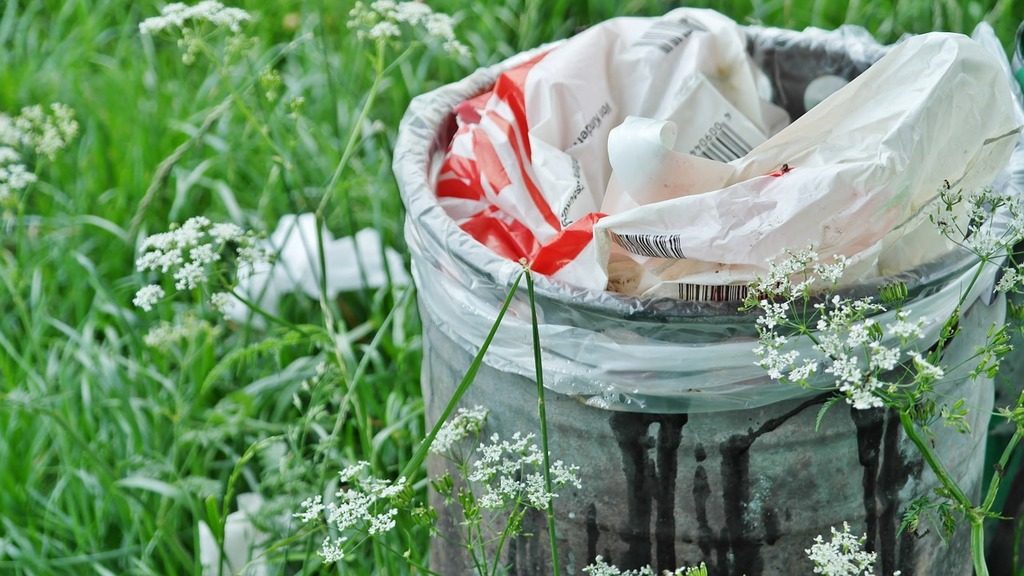Sustainability is the topic of the day. This month, food, retail and hospitality operators were called on to support a drive to cut the 100,000 tonnes of food wasted each year by 50% before 2030. The call was made by environment secretary Michael Gove and the government’s food surplus and waste champion Ben Elliot ahead of the Step up to the Plate symposium, to be held at London’s V&A museum on 13th May. At the same time, the hospitality industry is becoming aware of customers who are interested in the environmental consequences of their eating habits, such as sustainability and reducing food waste. It’s clear something needs to happen.
Where should they start?
Reducing food-related waste can start much earlier than with the packaging, it should begin with the food itself and this is where technology can help. There are a variety of apps aiming to reduce food waste, such as Olio, FoodCloud and Farmdrop. Their approaches range from helping to connect neighbours and local retailers so surplus food can be shared and not wasted unnecessarily, to farm-to-door style delivery services connecting the consumer directly with local farmers.
Use technology to improve stock control
Mobile and online ordering itself can play a part by helping food operators better manage stock control and ensure that as little food as possible is wasted. With digital ordering, knowing what customers have ordered ahead of service time enables kitchen and bar staff to reduce avoidable food waste by better managing their production volumes. Over time, with data about customers’ buying behaviour, avoidable food waste can be reduced significantly.
Intelligent bins helps reduce unnecessary waste
The emergence of clever tech such as smart bins has helped chefs become more aware of what they discard, which is good news for both the environment and companies’ bottom line. Smart kitchen tech company providers like Winnow have started to prove popular with early adopters of the technology, garnering praise and media attention. The technology involves a scale that weighs food waste bins and a touchscreen where operators can log what is being thrown away. The analytics can then be reviewed to make kitchens run more efficiently.
We look forward to seeing what new technologies and innovations are still coming this year to help consumers eat and drink in a more environmentally responsible way, as well as giving more support to operators to meet the government’s aims.



